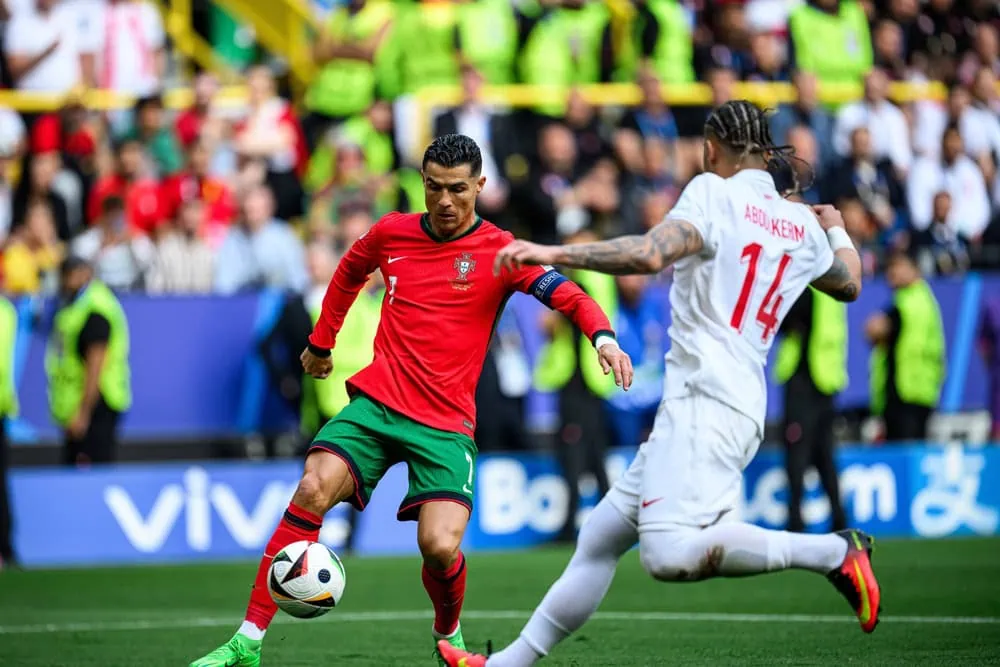Eagle-eyed China watchers will have noticed a lot of familiar names if they have tuned into the Euros over the past couple of weeks.
Five of the 13 official global sponsors of the UEFA Euro 2024 championship are Chinese companies, giving China the most significant advertising presence at the event. This is a testament to Chinese brands’ growing desire for global expansion (and to the draw of the billions of dollars of revenue the Euros is set to generate).
The Chinese companies sponsoring the tournament are home appliance giant Hisense, cross-border e-commerce platform AliExpress and financial technology giant Ant Group (which owns Alipay, both part of Alibaba), smartphone brand Vivo, and new energy vehicle manufacturer BYD. Hisense, TikTok, Vivo and Alipay also sponsored Euro 2020. At that time, UEFA told the BBC that while it wasn’t specifically focusing on Chinese collaborations, it was looking “to engage a global audience, as do the brands who join [its] commercial programme.”
Per Bloomberg Intelligence, the Chinese brands will “likely lean on their affiliation with the tournament to expand into new overseas markets and strengthen their presence in existing ones.” Many of these companies already have the edge in their home market – BYD is China’s biggest EV company and even sold more battery electric vehicles (BEVs) (526,409) than Elon Musk’s Tesla (484, 507) in Q4 of 2023. However, there’s a scramble to increase international engagement among the country’s biggest shopping platforms in particular, after the success of Temu‘s reported US$14 million splurge on two TV spots during Super Bowl LVII in February 2023.
“Alibaba needs to raise weekly active users (WAUs) on AliExpress during June 14-July 14 by up to 70% versus a month earlier to prove that its marketing expenditures on this year’s UEFA European Football Championship can aid its e-commerce expansion outside China, in the same way that Temu’s advertising at the US Super Bowl had an impact,” notes Bloomberg’s report.
However, if previous tournaments are anything to go on, the success rates of such plans appear high. The overseas revenue of Hisense jumped 83% after the TV maker became a sponsor of the tournament in 2016.
The companies are also presenting their sponsorships in a number of ways beyond the most obvious pitchside ads: AliExpress has signed English footballer David Beckham to front its ‘Score More with AliExpress’ campaign, and is giving away prizes in its app for every goal scored. Meanwhile, Hisense is providing the screens for the video assistant referees (VAR) during the tournament.
The sponsorships have gone down well in China, where hundreds of thousands of football fans will be avidly watching the games. Euro 2020 (which was actually held in 2021 due to the Covid-19 pandemic) saw an increase in viewership in China of 43% compared to Euro 2016, according to UEFA.




